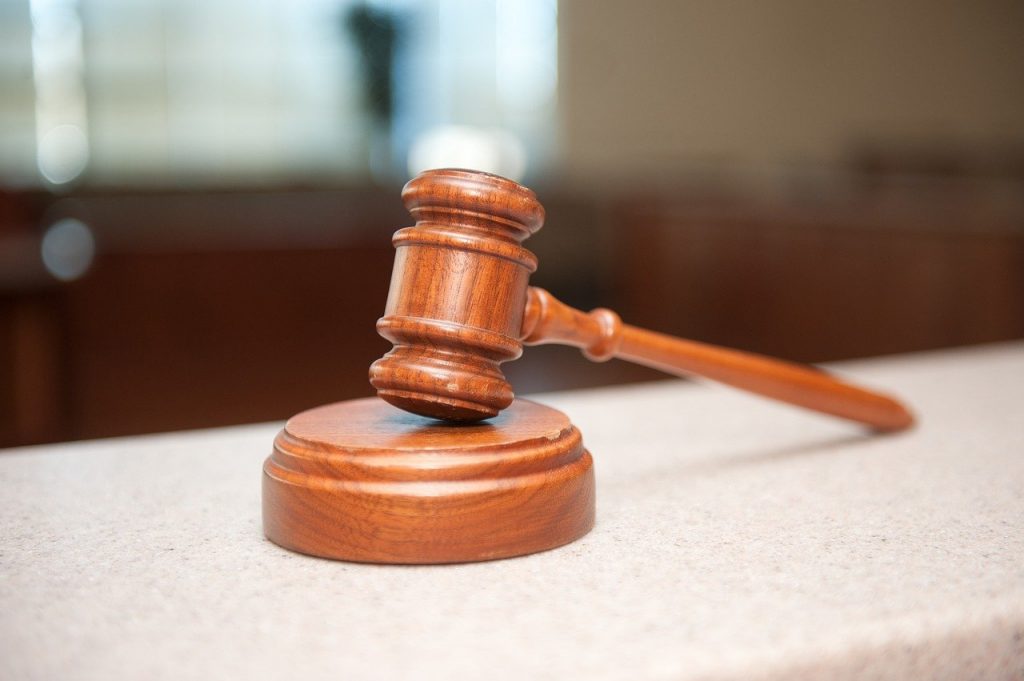Are lawyers in demand in Singapore?
Singapore is probably one of the world’s most important financial centers, and as such, it has attracted a huge number of UK and US legal firms to utilize Singapore as their Southeast Asia headquarters. Law companies in Southeast Asia have seen consistent expansion in recent years, with a substantial portion of work coming from the ever-expanding markets of Indonesia, Malaysia, Vietnam, and India. Most of the region’s major international law firms have had tremendous success in recruiting overseas lawyers in the past, and it has proven to be an excellent replacement to Hong Kong for many lawyers practicing in the United Kingdom, New Zealand, and Australia, because language requirements are much more relaxed.
Is it good to be a Lawyer in Singapore?
Lawyers make much higher monthly wages than the ordinary Singaporean, with first-year associates earning an average of $5,000. Despite this, the legal sector has an embarrassingly high turnover rate, with three out of every four local attorneys quitting practice within the first ten years. Lawyers earn a salary of $77,419 annually and on an average a monthly salary of $6.451.
Hourly rate to hire a lawyer- SGD$100-500 per hour
Fixed price to hire a lawyer – SGD$3,000 or more
What is the highest paying job in Singapore?
- In-house legal counsel
- Securities and finance dealer
- Chief Information Officer
- Advocate/Solicitor
- Audit manager
- Specialist Medical Practitioner
- General Practitioner
- Chief Operating Officer
- University Lecturer
- Portfolio manager
Scope for Indian Lawyers in Singapore
All attorneys seeking to operate in Singapore must have a valid practicing certificate, which is renewed yearly, generally by 31 March of the relevant year. However, international attorneys, such as those located in India, who are registered under the Legal Profession Act must possess a practicing certificate unless they are registered under Section 36E of the Legal Profession Act. The period of registration might range from one to three years depending on the type of registration carried. Indian attorneys registered in Singapore may practice foreign law and/or Singapore law in the “authorized fields of practice” to the degree permitted by the Legal Profession Act and the kind of registration held.
The Legal Profession (Professional Conduct) Rules 2015 are a set of rules that outline the principles and norms of professional practice, etiquette, and behavior that attorneys must follow. The Practice Directions of the Law Society of Singapore include guiding notes and judgements on professional practice, etiquette, conduct, and punishment. Legal services in or from Singapore can only be provided by a regulated legal practitioner. Within the meaning of the Legal Profession Act, a regulated legal practitioner is a solicitor or a Registered Foreign Lawyer (RFL). Before providing legal services in or from Singapore, a foreign law practice must be licensed under the LSRA. Foreign law practices can apply for a license to establish a commercial presence in Singapore by using one of the following law practice structures: Foreign law practice, qualifying foreign law practice, Joint law venture (structured as either a partnership or a company), Formal law alliance, and Representative office.
Practice areas
Singapore has one of the greatest legal systems in the world for protecting a company’s intellectual property. Singapore was placed fourth in the world for intellectual property protection in the World Economic Forum’s Global Competitiveness Index 2016-2017 in 2016. Arbitration has grown more significant in all types of contracts and agreements, from local to international. Singapore has evolved as one of the world’s premier commercial arbitration centres. Singapore has continuously been listed as the number one chosen seat for arbitration in Asia and among the top five preferred seats internationally, according to the International Chamber of Commerce (ICC) Trade Register Report 2015.
In Singapore, this is one of the most significant fields of practise. The Banking Act and the Monetary Authority of Singapore Act apply to Singapore-licensed banks that are under the purview of the Banking Act and the Monetary Authority of Singapore Act (MAS Act). As the integrated regulator and supervisor of the financial services industry, the Monetary Authority of Singapore (MAS) oversees and regulates banks and their activities.
- Banking and Finance
- Energy and Projects
- Disputes/International Arbitration
- Capital Markets
- Corporate
- Merger and Acquisition

